Translation services for UK Quality Assurance (QA) documentation are indispensable for companies looking to communicate their precise and technically detailed information internationally. These specialized translation services ensure that the nuances of QA terminology, regulatory compliance requirements, and cultural contexts are accurately conveyed in various languages, thereby allowing businesses, particularly those in highly regulated industries like pharmaceuticals, to operate effectively across different linguistic and cultural contexts. Native-speaking translators with expertise in industry-specific jargon and advanced translation technology such as translation memory software and machine learning algorithms work in tandem to produce technically accurate and contextually appropriate translations. This meticulous process upholds high standards of quality, ensuring that organizations can reliably communicate their critical QA documentation while expanding their international reach. The result is clear, compliant, and credible communication that maintains the integrity and effectiveness of UK QA documentation on a global scale.
Navigating the nuances of UK Quality Assurance (QA) documentation translation requires a blend of expertise and technological precision. This article delves into the intricacies of translating QA documents to ensure clarity, compliance, and reliability across languages. We’ll explore the pivotal role of specialized translation services for UK QA documentation, examining the challenges faced, the key components of effective translation processes, and the latest advancements in translation technology that guarantee consistency and accuracy. Through case studies and best practices, we aim to empower organizations with the knowledge to select the optimal translation partner for their UK QA documentation needs, ensuring that every word accurately conveys the intended meaning and regulatory compliance.
- Overview of UK QA Documentation Translation Services
- The Importance of Precision in QA Documentation Translations
- Challenges in Translating QA Documents for the UK Market
- Key Components of Effective QA Documentation Translation Processes
- Role of Language Professionals in Ensuring Accuracy
- Utilizing Advanced Translation Technology for Consistency and Precision
- Case Studies: Successful QA Documentation Translations into UK English
- Best Practices for Quality Assurance in Translation Services
- Choosing the Right Translation Partner for Your UK QA Documentation Needs
Overview of UK QA Documentation Translation Services
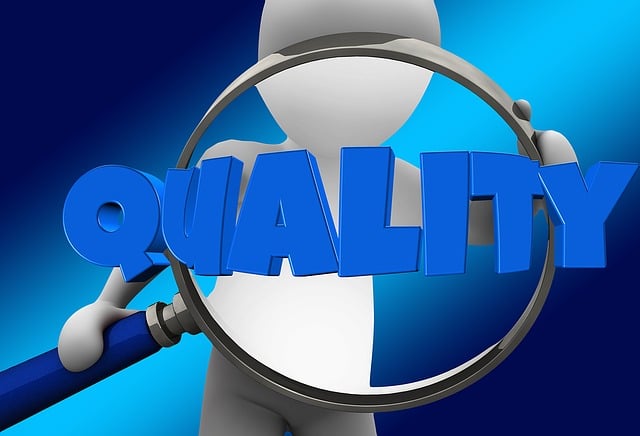
UK Quality Assurance (QA) documentation requires meticulous translation to ensure accuracy, compliance, and effectiveness across different languages and cultures. Translation services specialising in UK QA documentation offer precise language solutions tailored to the stringent standards of the quality assurance industry. These services are pivotal for organisations seeking to communicate their processes, protocols, and compliance requirements with international stakeholders, ensuring that the integrity of the original content is upheld. With a focus on technical accuracy and contextual relevance, these translation experts employ industry-specific terminology and leverage advanced translation technologies to deliver translations that resonate within the global marketplace. This commitment to precision and cultural nuance not only facilitates better communication but also enhances the reliability of QA processes across borders. Organisations can thus navigate international standards with confidence, knowing their UK QA documentation has been accurately and professionally translated.
The Importance of Precision in QA Documentation Translations
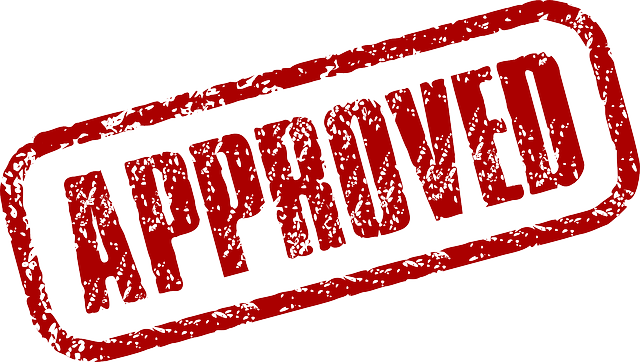
In the realm of quality assurance, precision is paramount, especially when it comes to the translation of documentation for UK Quality Assurance processes. Accurate translations are not just a matter of semantics; they are critical for ensuring that products and services meet the stringent standards expected within the UK. When QA documentation is translated, the integrity of the original content must be upheld to prevent misinterpretation or errors that could compromise product safety, compliance, and effectiveness. This is where specialized translation services for UK Quality Assurance documentation excel. These services are staffed by expert linguists who not only possess a deep understanding of the QA domain but also have proficiency in the necessary technical terminologies specific to the industry. They employ advanced localization strategies to adapt content to its target language while maintaining the original intent and meaning. This commitment to precision ensures that stakeholders, regardless of their linguistic background, can rely on the documentation for accurate information, thereby facilitating a seamless and trustworthy quality assurance process.
The importance of precision in QA documentation translations cannot be overstated. In an increasingly globalized marketplace, companies must navigate language barriers without compromising on quality or safety. The right translation service for UK QA documentation provides a crucial link between organizations and their international audiences. By leveraging the expertise of these services, companies can confidently expand their reach, knowing that their technical documentation will convey the correct information in a clear, accurate, and culturally relevant manner. This not only enhances global operations but also upholds the reputation of UK businesses on an international stage.
Challenges in Translating QA Documents for the UK Market

When translating UK Quality Assurance (QA) documentation, translation services must navigate a complex array of linguistic and cultural nuances to ensure precision and compliance with local standards. The challenges inherent in this process are multifaceted, beginning with the need for an in-depth understanding of both the source and target languages. British English, with its unique terminology and idiomatic expressions, often differs significantly from other varieties of English, necessitating a specialist translator who is well-versed in UK conventions and jargon specific to QA processes. Additionally, the context within which QA documentation is used requires a high level of technical expertise; translators must accurately convey the precise meanings of specialized terms and technical descriptions without altering their intent or integrity. This is crucial because any oversight could lead to misunderstandings or non-compliance with regulatory requirements, potentially affecting product safety and market acceptance.
Furthermore, the translation of UK QA documentation demands a keen awareness of cultural nuances and regional differences that may influence how information is perceived and interpreted. Translation services for UK Quality Assurance Documentation must account for the subtleties in language that could alter the meaning or effectiveness of the original content. For instance, the use of certain phrases or acronyms might be specific to UK QA professionals and not immediately understood by international counterparts. To overcome these challenges, translation services must employ a combination of skilled human translators and advanced translation technology, ensuring a final product that is both accurate and contextually appropriate for the intended audience. This meticulous approach is essential for maintaining the integrity of the original documentation while facilitating effective communication across different markets.
Key Components of Effective QA Documentation Translation Processes
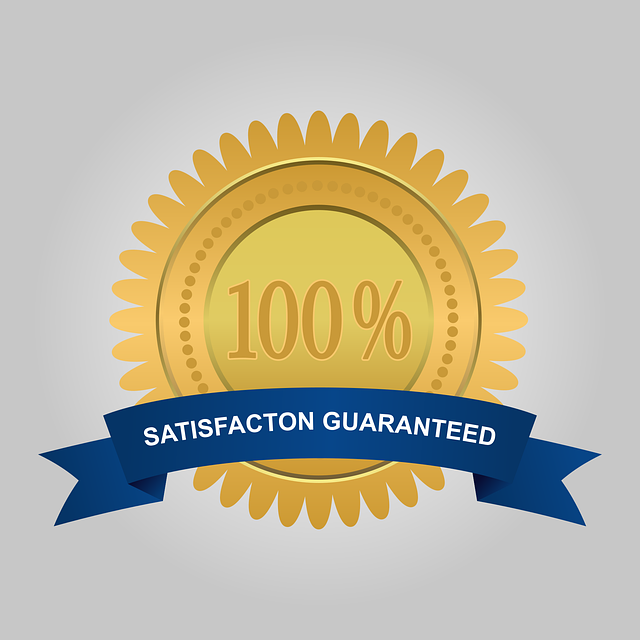
When translating UK Quality Assurance (QA) documentation, precision and accuracy are paramount to ensure that the intent and specifications of the original texts are faithfully conveyed in the target language. Effective QA documentation translation processes are characterized by a meticulous approach that integrates specialized translation services for UK QA Documentation. These processes begin with the selection of translators who possess both linguistic proficiency and subject-matter expertise, particularly in the field of quality assurance. This dual competence is essential to navigate the complex terminology and technical nuances inherent in QA documentation.
To maintain the integrity of the information, translation services for UK QA Documentation employ a combination of translation memory tools and glossaries tailored to industry-specific vocabulary. These resources help maintain consistency across translations, ensuring that key terms are used uniformly throughout all documents. Furthermore, a robust quality assurance process within the translation workflow is crucial to identify and rectify any discrepancies or errors. This typically involves a series of checks by different linguists and reviewers, culminating in a final sign-off from a QA expert with experience in the relevant field. Such rigorous standards not only enhance clarity and reliability but also facilitate regulatory compliance for organizations operating within the UK or seeking to expand their reach internationally.
Role of Language Professionals in Ensuring Accuracy
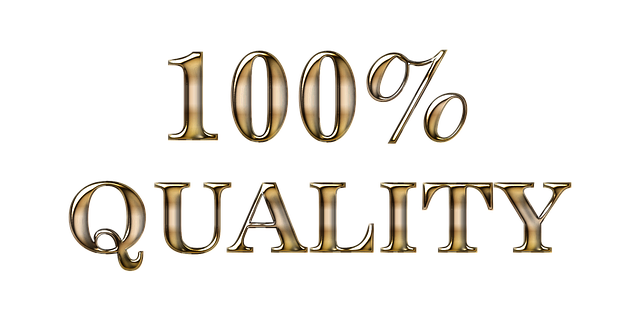
Language professionals play a pivotal role in the translation of UK Quality Assurance (QA) documentation, ensuring that every nuance and technicality is accurately conveyed across different languages. The precision required for QA documents is paramount, as these translations often inform critical decisions regarding product safety, compliance, and efficacy. Expert linguists who specialize in translation services for UK QA documentation are not merely interpreters but cultural ambassadors, adept at bridging communication gaps between manufacturers and international regulatory bodies. Their deep understanding of industry-specific terminology combined with a mastery of idiomatic expressions ensures that the integrity of the original content is upheld. Furthermore, these language experts undergo rigorous training to stay abreast of the latest QA standards and methodologies, thereby providing translations that are both technically accurate and contextually relevant, which is essential for global markets where compliance can vary by country and region.
Utilizing Advanced Translation Technology for Consistency and Precision
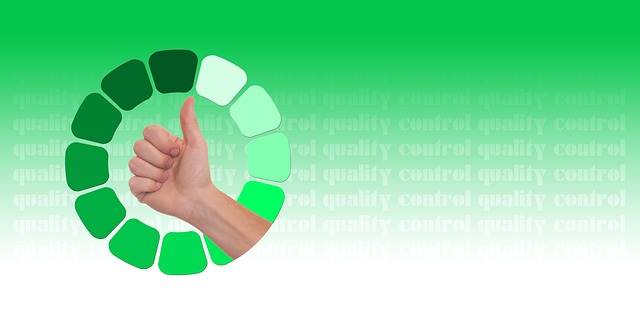
In an era where precision and consistency are paramount, particularly within the UK’s stringent Quality Assurance (QA) documentation standards, advanced translation technology stands at the forefront of innovation. Translation services specialized for QA documentation must navigate a complex linguistic terrain, ensuring that every nuance of technical language is accurately captured. The deployment of sophisticated algorithms and neural machine translation models enables these services to provide translations that are not only accurate but also consistent across various documents and over time. This consistency is crucial for maintaining the integrity of the information contained within QA documentation, which often includes critical data on product specifications, safety protocols, and compliance requirements.
Moreover, the integration of glossaries and terminology databases tailored to UK QA domains allows translation services to apply a uniform lexicon throughout all translations. This level of precision is complemented by human expertise; subject matter experts (SMEs) work in conjunction with these technologies to oversee the translation process, ensuring that cultural nuances and industry-specific jargon are accurately conveyed. The synergy between cutting-edge technology and human acumen guarantees that UK QA documentation translations meet the highest standards of accuracy, facilitating seamless communication and collaboration across international borders. This meticulous approach to translation is essential for maintaining the quality and reliability of QA documentation in a global context.
Case Studies: Successful QA Documentation Translations into UK English
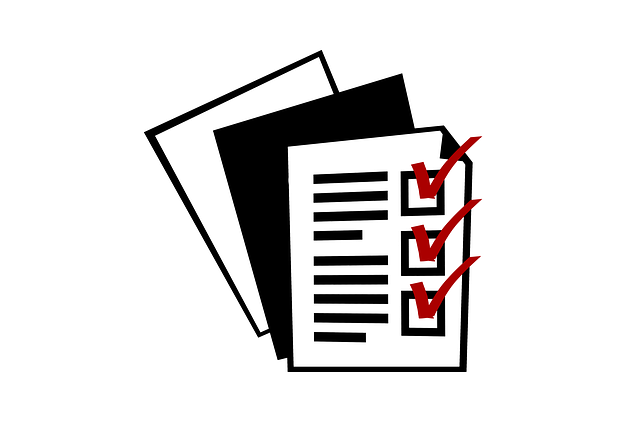
In an increasingly globalized marketplace, the precision and clarity of UK QA documentation translations are paramount for international companies looking to expand their reach. The accuracy of these translations can be a testament to a company’s commitment to quality and attention to detail. For instance, a multinational electronics firm successfully entered the UK market by leveraging specialized translation services for UK Quality Assurance (QA) documentation. Their decision to employ native UK linguists with expertise in QA processes ensured that technical specifications, safety protocols, and user manuals were translated with the utmost precision. This resulted in seamless communication between the company and its UK-based customers, facilitating a smoother product launch and avoiding potential misunderstandings or operational errors. Another case study involves a pharmaceutical company that required strict adherence to regulatory standards in their documentation for market approval in the UK. By utilizing professional translation services tailored to UK QA documentation, they managed to navigate the complexities of language and compliance. The translations were not only linguistically accurate but also aligned with local regulatory requirements, thereby expediting the approval process and bringing life-saving drugs to patients faster. These examples underscore the importance of employing dedicated translation services for UK Quality Assurance documentation, ensuring that the integrity and effectiveness of critical information are preserved across different languages and cultures. Companies must recognize the value of accurate translations as a cornerstone of successful international operations, particularly within highly regulated industries where precision can be a matter of safety and compliance.
Best Practices for Quality Assurance in Translation Services
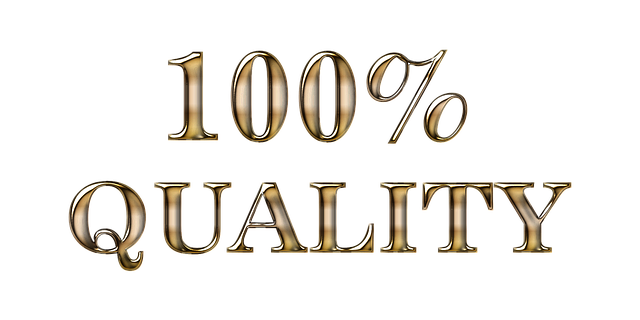
When it comes to translation services for UK Quality Assurance (QA) documentation, adherence to best practices is paramount to ensure accuracy and compliance. A robust QA process within translation services involves multiple stages of review to verify that the translated content aligns with the original source material. This includes not only a linguistic check but also a cultural adaptation that respects the nuances and subtleties inherent in the target language. Utilizing native-speaking translators who are well-versed in industry-specific terminology is a critical step, as it ensures that the translation is both technically accurate and contextually appropriate. Additionally, employing advanced translation technology can streamline the workflow while maintaining high standards of quality. These technologies may include translation memory software, which helps maintain consistency across documents, and machine learning algorithms that offer suggestions to human translators based on previous translations. By integrating these tools with human expertise, translation services for UK QA documentation can achieve a level of precision that instills confidence in clients who operate within highly regulated environments. It is through meticulous attention to detail and commitment to excellence that the integrity of translations is upheld, thereby enabling organizations to expand their reach while maintaining clear and effective communication.
Choosing the Right Translation Partner for Your UK QA Documentation Needs
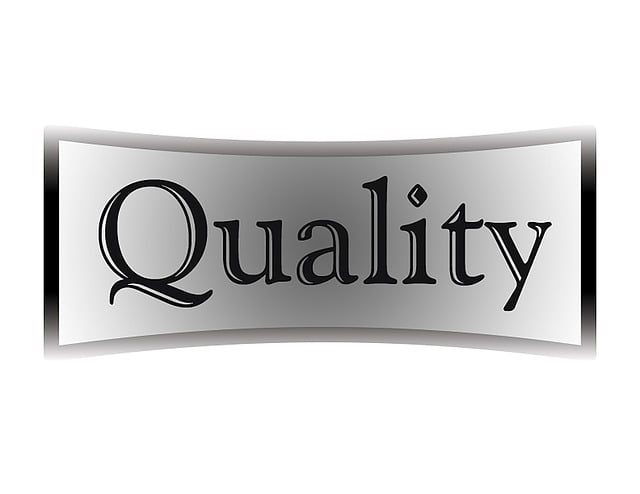
When translating UK Quality Assurance (QA) documentation, precision and accuracy are paramount to ensure that the content is both understandable and compliant with regulatory standards. Selecting a translation partner that specializes in translation services for UK QA documentation is crucial to navigate the nuances of industry-specific language and terminology. A competent translation partner should possess a deep understanding of the local context, including cultural subtleties and technical nuances, which are essential for accurate translations. They must also be well-versed in the relevant quality standards, such as ISO 17100, to guarantee that the translated documents meet the highest benchmarks of quality assurance.
In addition to technical expertise, a reliable translation partner should offer a comprehensive suite of services tailored to UK QA documentation. This includes not only the translation itself but also proofreading, terminology management, and localization strategies to ensure that the content resonates with the target audience. Furthermore, they should employ cutting-edge technology and best practices in project management to streamline workflows, maintain consistency across translations, and deliver projects within the stipulated timelines. Choosing a partner with a proven track record in translation services for UK QA documentation will mitigate risks and contribute to the credibility and integrity of your organization’s international communications.
In conclusion, navigating the nuances of UK Quality Assurance documentation translation requires a strategic blend of linguistic expertise and sophisticated technology. As outlined in this article, the precision of translations is paramount, given the stringent standards inherent in QA documentation. The challenges faced when localizing these texts for the UK market are significant but surmountable through the collaboration of seasoned language professionals and cutting-edge translation tools. By adhering to best practices and choosing a reliable translation partner, organizations can ensure their UK QA documentation translations convey information with clarity and accuracy, upholding the integrity of the original content. With the right approach, translation services for UK Quality Assurance documentation not only meet but exceed the expectations of quality and precision demanded in this specialized field.
